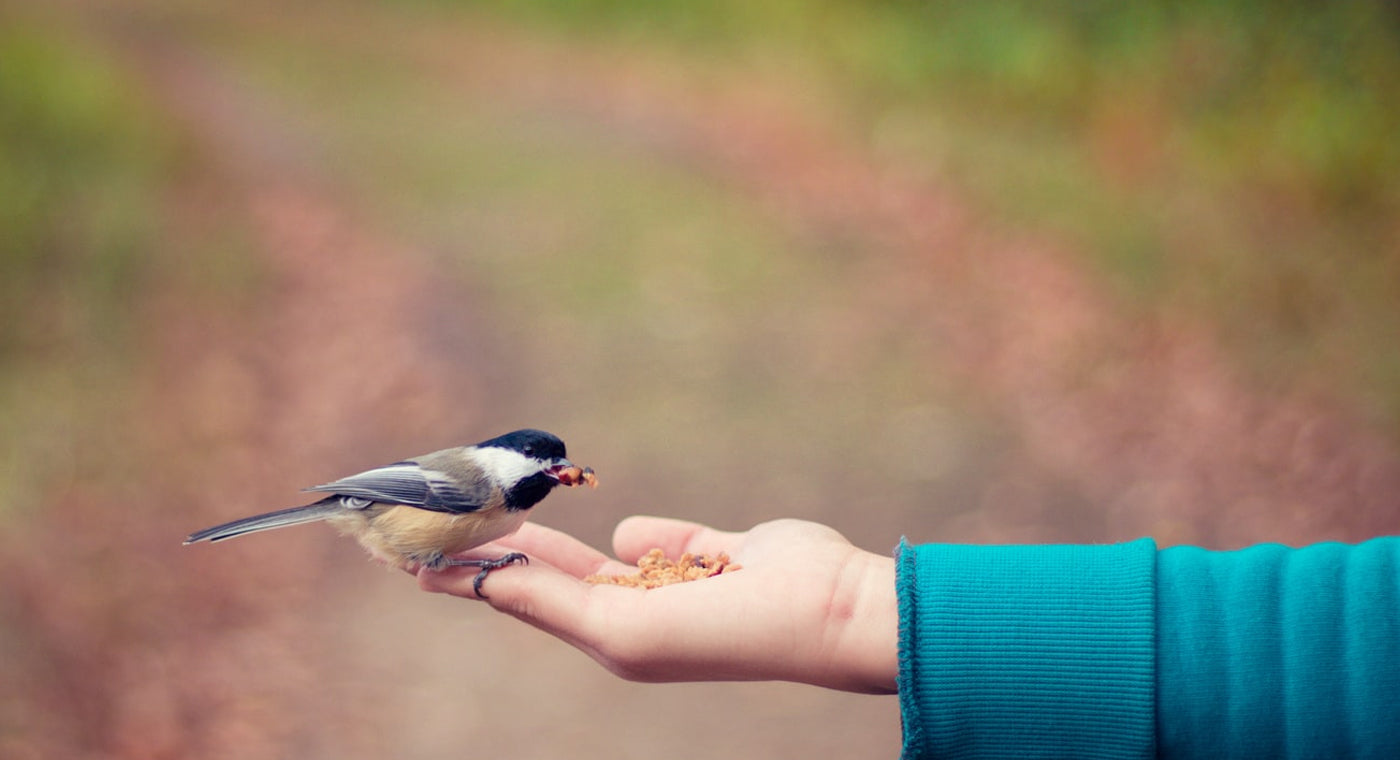Global warming, the melting of glaciers, the extinction of species...all remind us that caring for nature is a must.
Fortunately, more and more people realize that nature was a complex collection of water, air, soil, animal, plants, human beings, and we humans must treat the natural environment with love and respect because the failure of the system would ultimately threaten the subsistence of human beings.
For outdoor enthusiasts especially agree with this point of view. The concept of “leave no trace” is becoming increasingly popular and important in our minds. The natural mother provides us with a spiritual sanctuary, and we must also give back to the generous nature and protect nature with our own actions.

How to care for nature while camping, hiking, and backpacking? It does not take much effort to respect Mother Nature and keep her looking and feeling fabulous, you can do your part to keep nature in its beautiful, original state and possibly leaving it better than when you found it.
1. DIY YOUR MEALS
Rather than buying finished food, it is better to buy the ingredients in bulk to make your own at home and store them in reusable containers to bring with you. This method can avoid generating more packaging waste.
2. USE A DURABLE WATER BOTTLE
I think it's needless to say about the huge pollution caused by disposable plastic water bottles to nature! Everybody knows it. What we need to do is using durable, reusable water bottles instead of plastic water bottles while camping, hiking, backpacking, or anywhere else you’ll want water.
3. BRING REUSABLE DISHES WITH YOU
Using reusable dishes instead of disposable plastic ones, not only can reduce pollution, but also save money as no need to buy new plates and cutlery for every camping trip.
4. USE THE GEAR THAT ALREADY EXISTS
Using the gear that already exists rather than purchasing the newest gear can make the lowest amount of impact on the environment. You can find and buy truly durable, high-quality equipment (KingCamp gear has gained high recognition in these areas), then use them for many years to come.

5. HIKE ALONG THE ORIGINAL TRAIL
Your footprints will wear down the natural wildlife if you step into an area where no one has entered (meanwhile your footprint will encourage others to do the same), so you need to keep staying on the original trail while hiking.
6. CAMP IN DESIGNATED SPOTS
You should choose the camping spots that will have the least impact on the land. The easy method is camping in the regular campsites which were established by professionals based on their durability, their safety for you, and their safety for the environment.
7. CHOOSE NATURAL BODY PRODUCTS
You can use toothpaste and soap that is biodegradable to avoid pollute lakes, rivers, and any other bodies of water you come across in your adventures. And keep finding ones that will still keep you safe from the sun and bugs, but which won’t hurt the environment in the process.
8. TAKE CARE OF FIRE
Fire can be one of the most dangerous things while camping or hiking so you must take care of it. Research ahead of time any fire bans in place; only build a fire in a fire pit; pour water, and wait 45 minutes to ensure all the flames are out before leaving the camping pots.
9. LEAVE NOTHING EXCEPT FOOTPRINTS
Pack out what you bring in, including even toilet paper and hygiene products. Speaking of toilet paper, you need to be sure you are putting any human waste in holes that are 6-8 inches deep, and at least 200 feet from the water.
Nature is beautiful but fragile, so everyone who loves outdoors should care for our beautiful nature mother when taking outdoor activities.


Share:
Camping/Hiking On A Budget With The Best Outdoor Gears
How To Stay Cool In Your Summer Outdoor Adventure